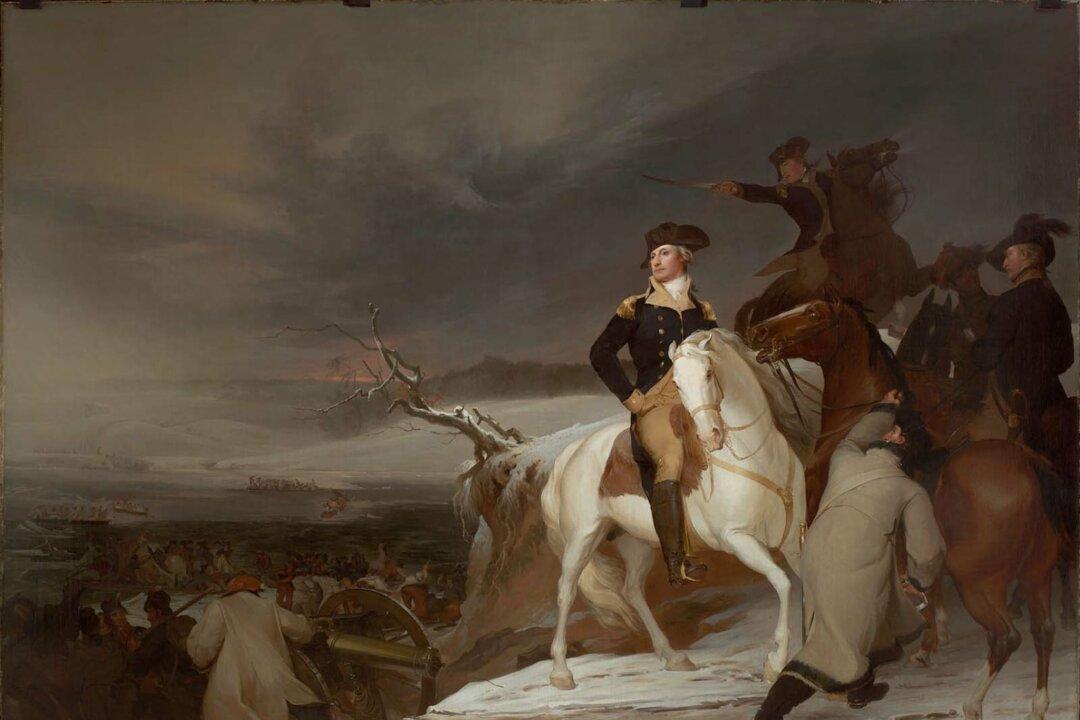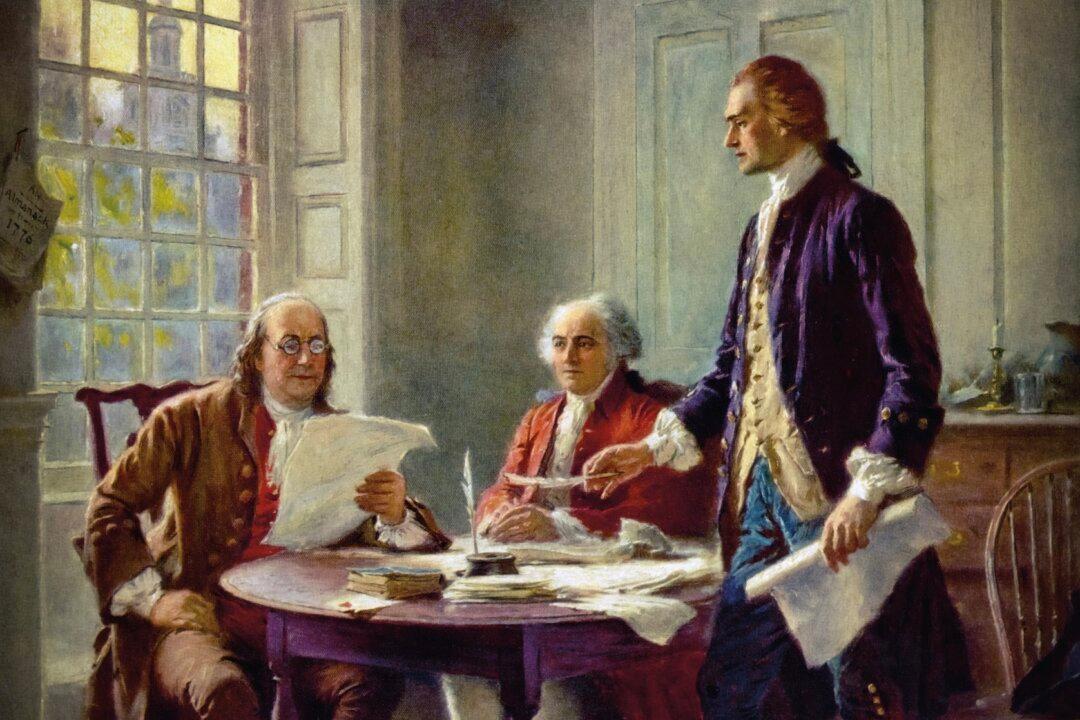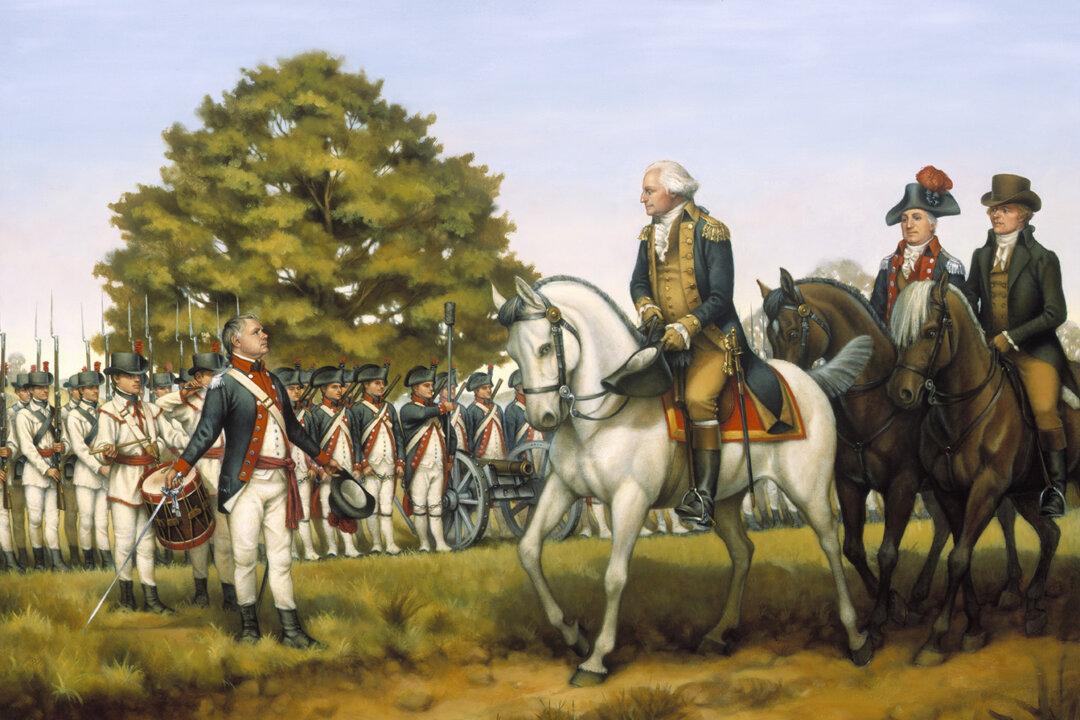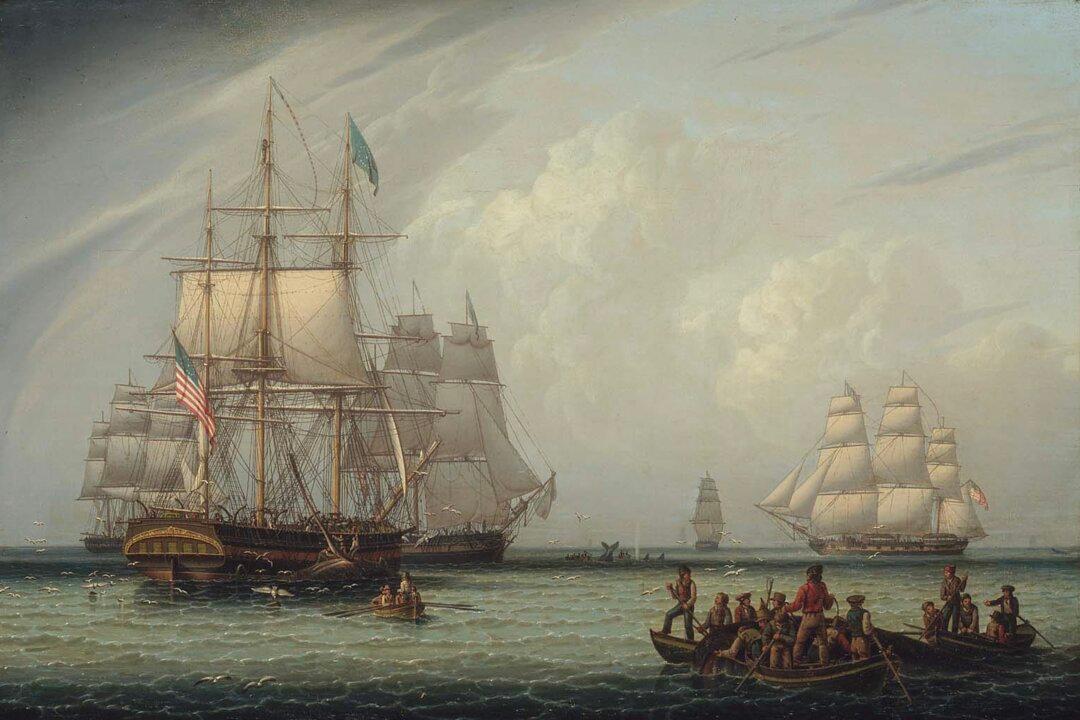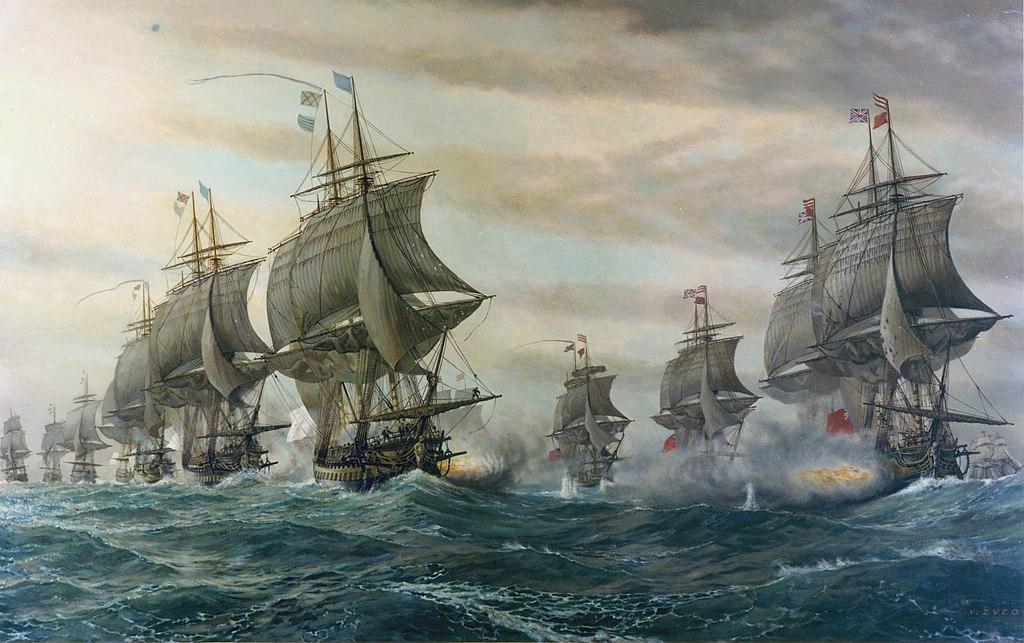When George Washington took command of the Colonial forces in 1775, his immediate goal was to keep the British bottled up in Boston. Although he had no navy to block the coast, he reasoned that freezing winter temperatures would work in his favor. Yet he needed more. He found it in John Glover and the seamen from Marblehead.
Glover’s seamen were experienced in privateering, an ancient practice of converting merchant ships into warships; these could capture British supply ships and deliver their cargo to the Colonists. Washington leased one of Glover’s ships to make a test run. It was such a success that he asked Glover to outfit seven more.

